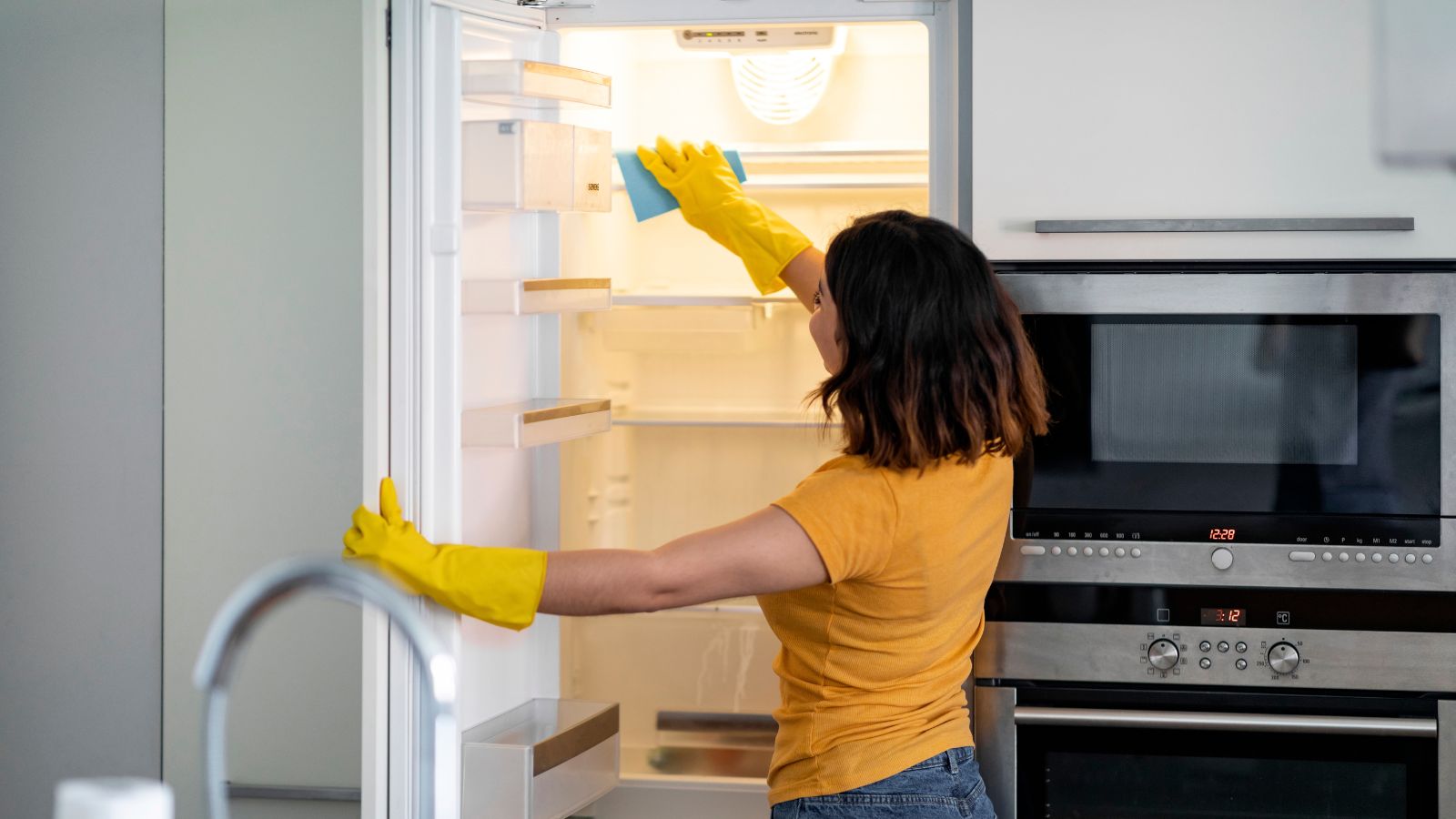Giving away items you no longer use is a fantastic way to benefit your community. Yet, not all unused household items are appropriate for donation; some may be better suited for recycling. Here are 18 items you shouldn’t donate and suggestions on what to do with them instead.
Old Medications

While you may think that donating your old medications could help someone out, UCL warns that this isn’t a good idea, and unfortunately, “the UK government currently has no recycling scheme for unused drugs.” Expired antibiotics can fail to treat infections, possibly leading to antibiotic resistance and more severe illnesses, so it’s best to dispose of them at safe disposal programs at your local pharmacy.
Stained or Torn Clothing

Donation centers and thrift stores require clothing and shoes to be in good condition, with no visible stains or tears. Damaged clothing isn’t suitable for donation, so it’s best to take them to your local recycling center.
Expired or Opened Food Items

Expired and open food items aren’t suitable donations for food banks and may contain mold and harmful bacteria. Due to safety protocols, most food banks can’t accept expired and opened foods, so it’s best to compost them or use them in a recipe if they’re still usable.
Used Mattresses

Used mattresses in good condition can be donated to charity, but after years of use, they’re often stained and worn out with noisy springs. You wouldn’t want someone’s old mattress either, so if yours is worse for wear, it’s best to just take it to your local tip.
Personal Care Items

Used personal care items, including soaps, scrubs, and razors, could spread bacteria and infections if they’re donated, and thrift stores won’t accept them. Donate unopened personal care items you haven’t used instead.
Car Seats

Most car seats expire between six and ten years from the date of manufacture, so seats you used for your children are likely unsuitable for donation and could cause injuries. It’s best to ask your local recycling centers if they can take car seats.
Old Tires

Tires generally need changing every ten years or 20,000 miles, but they shouldn’t be donated even if they’ve been used less than that. Improperly disposed tires will release significant toxic pollutants if burned, so take them to your local recycling center instead.
Baby Cribs with Drop Sides

Drop-side cribs were banned in many countries after they were found to have caused suffocation in some infants. FindLaw notes that it’s often “illegal to donate these cribs,” so it’s best to take them to a recycling center.
Chemical Waste

Chemical waste can’t be donated or disposed of in the rubbish or sewer system. To avoid dangerous pollutants entering the environment, they must be disposed of using official resources.
Old Paint

Paint pots can last around 10–15 years unopened, but after that, the paint tends to degrade and become unusable. Ensure the paint is dried and hardened before taking it to a recycling center or putting it in your regular wheely bin.
Incomplete Puzzles

There’s nothing more frustrating than a puzzle set missing pieces. Donation centers and thrift stores check puzzles to ensure they’re complete, and incomplete boxes are discarded. Take your puzzles to recycling centers to avoid them being sent to landfills.
Broken or Non-Functional Electronics

Broken, non-functional electronics often cost more to repair than they’ll sell at car boot sales. There are many electronic recycling centers in the UK, so just do some research on your local service.
Old Computers

Depending on their age, old computers that have been sitting and collecting dust in your attic can be donated. If they’re over ten years old, they might not be useful for charities, but local recycling centers or nonprofit organizations can recycle their parts.
Soft Toys

Old soft toys from your childhood or that your children have outgrown may not be suitable for donation, as they can harbor dust mites and be difficult to clean without damaging them. Donate them if they can be machine-washed, but if they can’t, they might be able to be used as pet toys.
Sharp Kitchen Items

Sharp kitchen items like knives need safe packaging to reduce the risk of injury for those handling them. Ask your local recycling center or city transfer station if they accept knives, or you could take them to a scrap metal facility.
Encyclopedias and Outdated Textbooks

Encyclopedias and outdated textbooks should only be donated if they are in a sought-after vintage set. Otherwise, they’ll likely sit on a shelf, taking up space, so it’s better to take them to a book recycling center.
Large Appliances in Disrepair

Old microwaves, fridges, and other large, broken appliances shouldn’t be donated. The cost of repairs may exceed their value, so it’s best to take them to a local trade-in program or recycling center.
Cosmetics and Fragrances

Old cosmetics and fragrances that have been sitting around your bedroom and bathroom for years aren’t suitable for donation. Even if unopened, they often degrade with age, so recycle them instead.

